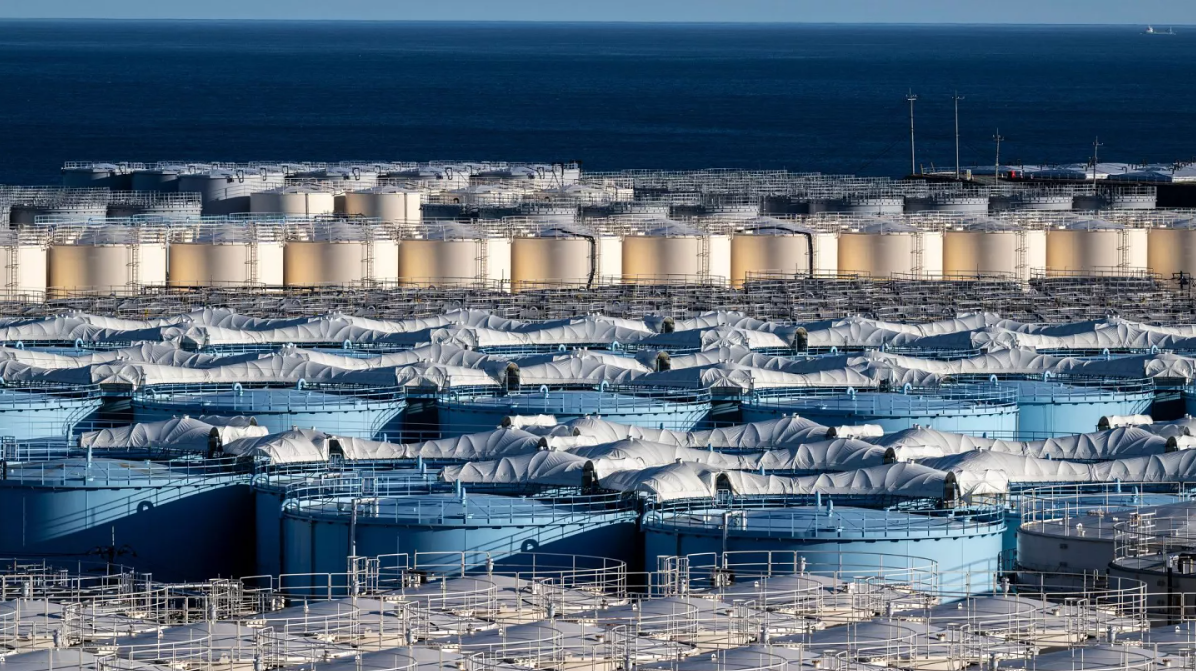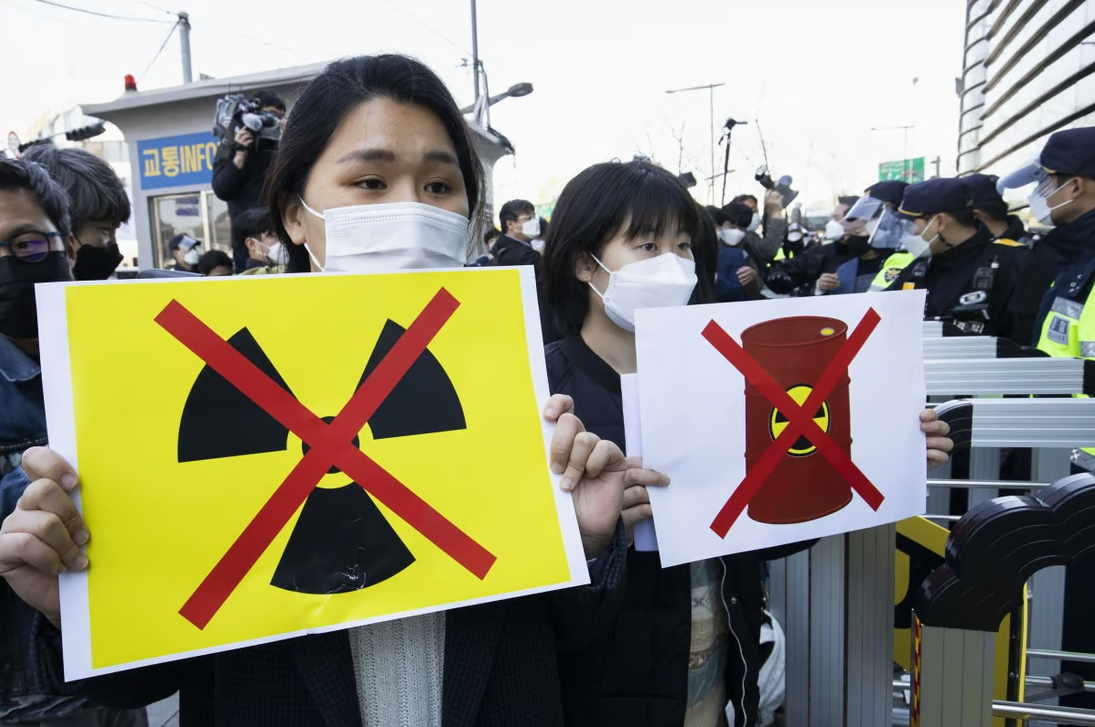
The International Atomic Energy Agency recently released an assessment report concluding that the Japanese government’s plan to discharge more than a million metric tons of treated radioactive water from the Fukushima nuclear power plant into the Pacific Ocean meets the Agency’s safety standards.
The release of the report triggered an uproar, raising widespread questions about its scientific validity and transparency, with many Asia-Pacific countries expressing deep concerns. It is widely speculated that in light of the IAEA’s assessment, Japan could start releasing the wastewater this summer.
The issue of Japan's nuclear wastewater discharge is now likely to become a major issue that bears on the broader situation in the Asia-Pacific region. In recent years, the United States has rolled out its Indo-Pacific Strategy to tip great-power competition in its favor, triggering tremendous changes in the contours of the region. The relationships of key actors have been restructured, and the focus on security issues has had a major impact on the cultural, economic and trade ties formed over a long period of time.
The issue continues to heat up, and may be well become a new variable in an evolving situation. On one hand, as a new non-traditional security issue, it will alter countries’ perceptions of what security means. Traditional security issues related to war and peace are important, but non-traditional security issues, such as nuclear wastewater, also have a significant impact on the regional situation.
As the situation has changed, it is clear that the established practice of some countries in the Asia-Pacific region to increase military spending and strengthen security cooperation with the United States will no longer be effective. On the other hand, Japan’s arbitrary decision, made for its own selfish interests, is bound to provoke backlash from many countries in the region and even among its allies. The recent rapprochement in Japan’s relations with the ROK is now hanging in the balance because of the nuclear wastewater issue.
Japan’s ambition to expand its influence in Southeast Asia and the Pacific Islands will also be subject to renewed tests because of this issue. While the different positions of regional countries may not fundamentally change their relations with each other, they will inevitably affect the perceptions of the people of the countries concerned toward Japan and further complicate their relations with Japan.
The international furor over Japan’s nuclear wastewater discharge is complex and involves multiple actors. In addition to the back-and-forth between state actors, the IAEA and some civil society institutions may have a significant impact on the course of events. As one of the specialized agencies of the United Nations, the IAEA’s judgment will be an important factor in shaping public opinion. The media in Europe and the United States mostly cite the IAEA’s findings in their coverage, and the overall tone contrasts sharply with the general direction of public opinion in China, the ROK and other countries.

People protest against Japan’s decision to dump radioactive wastewater from the crippled Fukushima Daiichi nuclear power plant into the Pacific Ocean, outside the Japanese embassy in Seoul on April 14. (Photo: Xinhua)
By virtue of its all-but-absolute technical monopoly with regard to such issues and its multilateral attributes, the IAEA has intervened in the international game of the Korean and Iranian nuclear weapons. It may also influence the prospects for nuclear submarine cooperation between the United States, Britain and Australia. It will certainly become the focal point of the controversy surrounding the nuclear wastewater.
In addition, some private organizations with professional qualifications have assessed the hazards of the nuclear wastewater, and their findings are inconsistent with the IAEA’s conclusions. These organizations will also have a role to play in shaping events, considering the deepening public awareness of environmental protection.
In this situation, China could undertake the following to effectively safeguard its own interests, respond to the concerns of all countries over the nuclear wastewater and advance its vision of a community with a shared future for mankind.
First, China could launch a regional multilateral initiative to address non-traditional security issues. There is currently a lack of multilateral security architecture in the Asia-Pacific, and the non-traditional security concerns raised by the nuclear wastewater issue should prompt countries to cast aside traditional security perceptions and prepare to launch institutional consultations. China has already proposed the Global Security Initiative and is in a good position to articulate its own vision more clearly in the debate over nuclear wastewater. It could spur solidarity among countries in the region in addressing the issue.
Second, it could help others navigate the international discourse surrounding the nuclear wastewater — a major issue that has a critical bearing on the well-being of people in the region. But there are marked differences in the public response. In-depth analysis is warranted to explore how to convey China’s voice in a more effective way.
Third, international organizations are still an important player in the international system and in inter-state competition. Although the IAEA has already released its findings on the hazards of nuclear wastewater, countries can still request the General Conference and the Board of Governors of the IAEA to reopen the discussion in accordance with its rules of procedure. China may wish to take the nuclear wastewater issue as an opportunity to prompt the international organization to play its role impartially.
